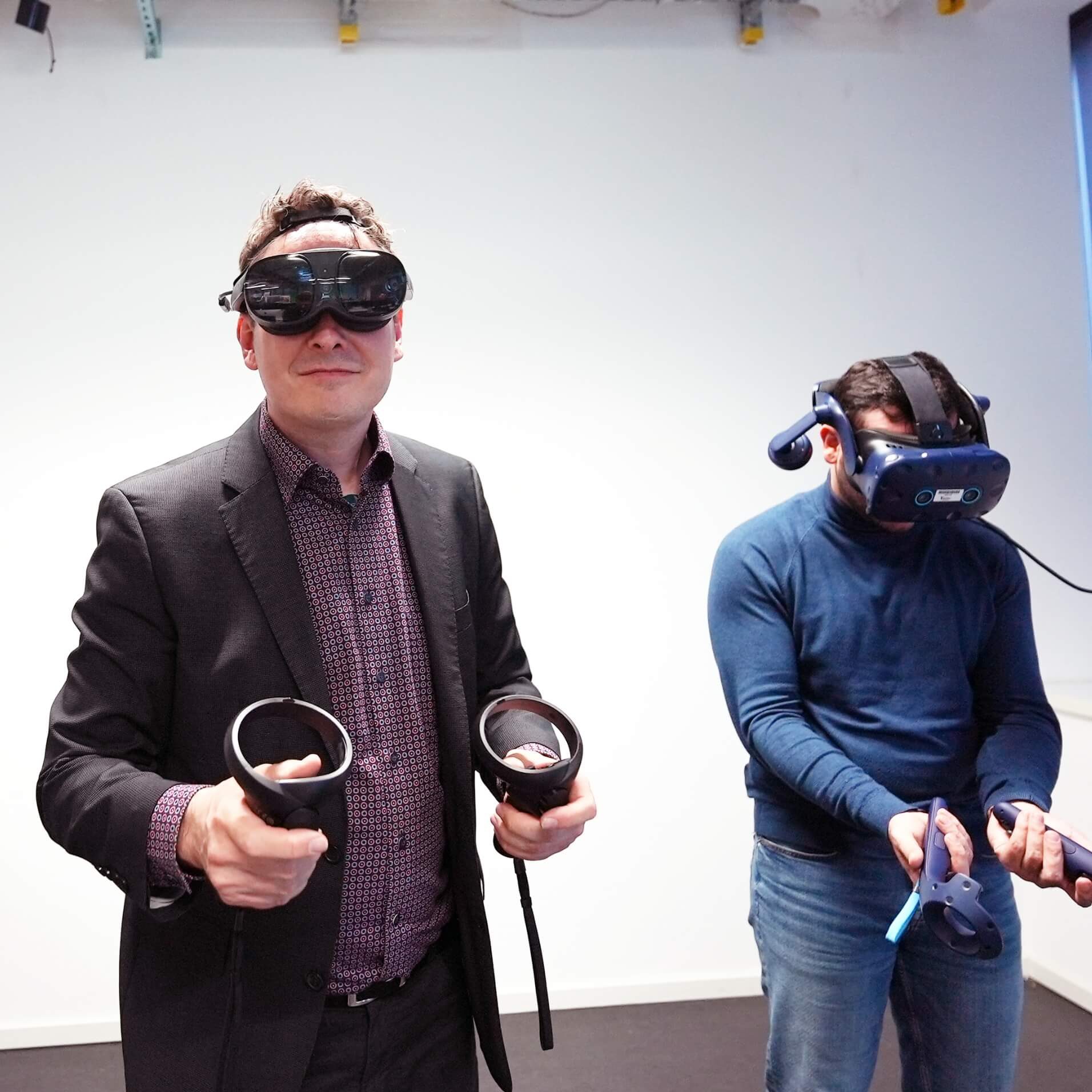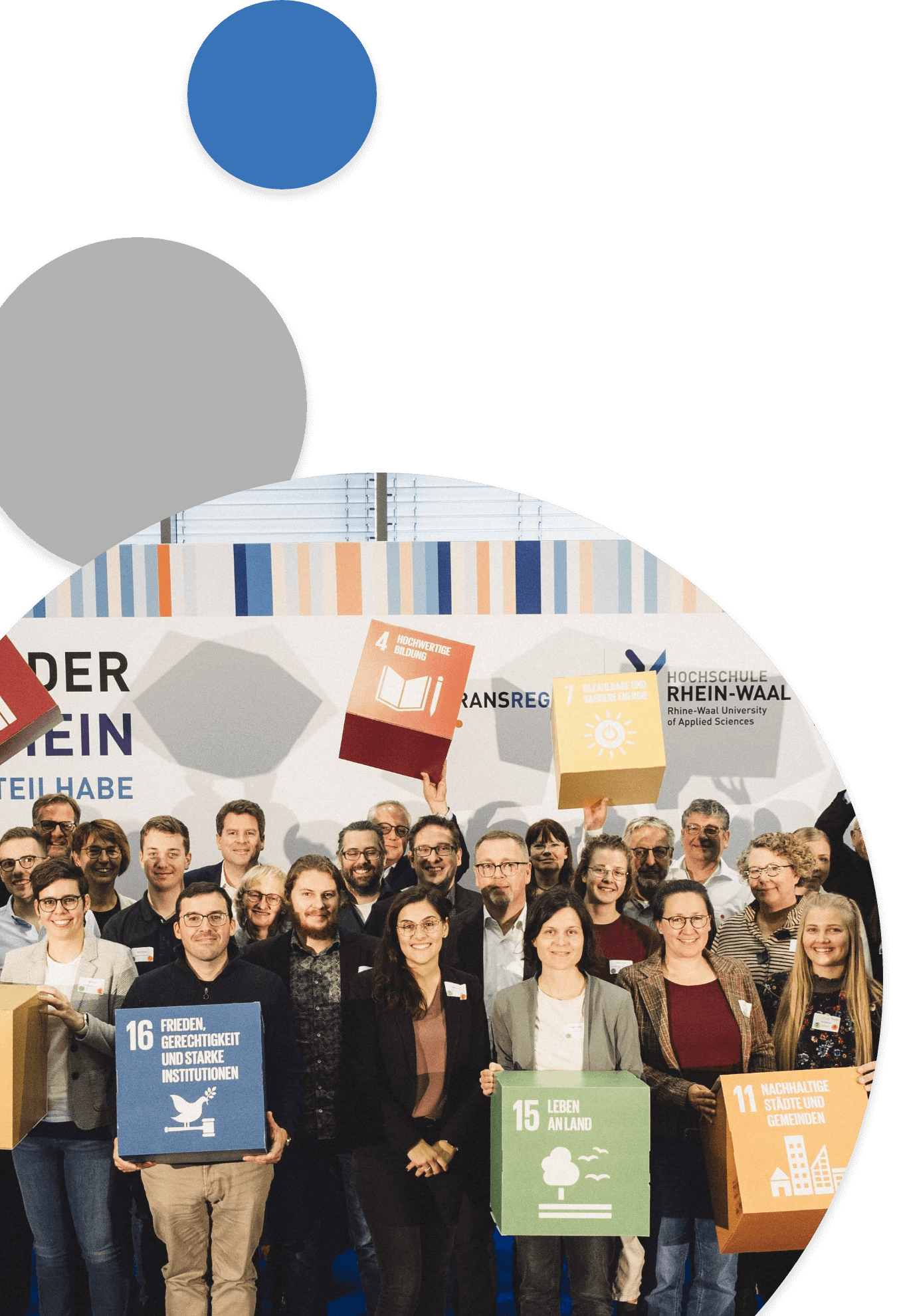

So everyone can fully participate in everyday life!
What do wheelchairs, pedestrian lights with sound and hearing aids have in common? They all support millions of people worldwide who live with physical disabilities. Assistance systems like these are an indispensable part of their lives. Over the years, science has been able to make further and further advances that are constantly improving the lives of people with physical disabilities and, in future, even people with mental disabilities as well. The advances mainly relate to information technology aids, which often utilise forms of artificial intelligence. Assistance systems like these have one goal: to enable these people to participate in all aspects of life – in their own homes, in their leisure time and at work.
Like a video game
The Research Centre for Assistance and Participation (CAsPar) at the Rhine-Waal University of Applied Sciences is committed to contributing to this mission. The team led by Prof Dr Ing Christian Ressel, Professor for Ambient Intelligent Systems, is currently developing a digital showroom, i.e. a virtual environment in which assistance systems can be experienced. “Until now, you had to set up an entire living room, for example, in order to present an assistance system with all its sensors and devices,” says professor Ressel. The digital showroom makes setting up rooms with furniture and sensors on the computer based on personal preferences possible – a bit like in the video game “The Sims”. This virtual room can then be connected to an assistance system. Virtual reality glasses can be used to simulate what using these rooms and the assistance on offer would be like if they were real. For example, people with dementia can experience support from the interactive, sensor-based doll OurPuppet.
Building corporate partnerships
Another aim of the project is to establish and maintain contacts with partners in the region. As professor Ressel explains, “We want to approach companies that deal with assistance systems or already offer support services and establish new partnerships. Our aim is for them to benefit from our research and incorporate our solutions into their products.”
Team Digital showroom "Assistance and participation"
- Alle
- Transformation projects

Research Associate Digital Showroom "Assistence and Participation"

Kevin Shehu
Research Associate Digital Showroom "Assistence and Participation"
Team Digital Showroom "Assistence and Participation""





